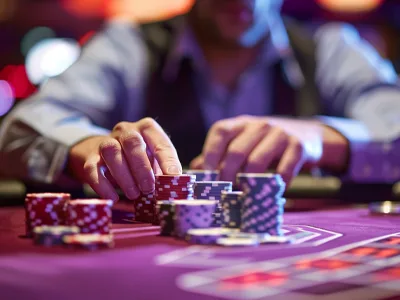Choosing a seat where you can focus on your strategy is more important than securing a “lucky” spot at the table
In Spanish 21, the variation of blackjack played with a modified deck and special rules, position at the table isn’t as crucial as it might be in games like poker, but it still has some influence on your experience and decisions. Since Spanish 21 is played against the dealer rather than other players, your ultimate goal is to beat the dealer’s hand, not to outplay opponents. That means positional strategy works differently compared to competitive card games.
One area where position can matter is in terms of the information available before you act. Players sitting toward the end of the table, often called “third base,” act last before the dealer plays their hand.
This seat allows you to see the choices made by other players and get a better sense of how the dealer’s hole card might interact with the visible cards on the table. While this doesn’t guarantee better results, it can help in making borderline hit-or-stand decisions.
On the other hand, being first to act, sometimes referred to as “first base,” means you won’t have as much time to observe patterns in play. You’ll be making decisions purely on your hand and the dealer’s upcard.
This can make the pace feel faster and put more emphasis on having a clear understanding of optimal strategy for Spanish 21’s unique rules, such as doubling after splitting or taking advantage of the liberal player-favorable payouts.
Another subtle impact of position comes from the way cards are dealt. In some games, players worry that taking or not taking a card can “change the dealer’s fate.” In reality, over the long term, this has no measurable effect on your results, but some players feel more comfortable in certain positions for psychological reasons.
Ultimately, while position in Spanish 21 won’t dramatically alter your odds, it can influence the flow of information, your comfort level, and your perception of control.

